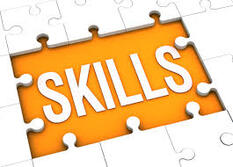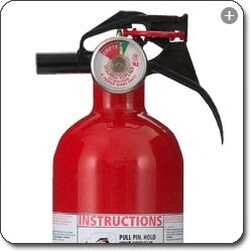
Product teams are comprised of many product managers, all of whom have various levels of knowledge and abilities. One of the challenges product leaders face is having people who transferred internally from support or engineering into product management; they posses a good understanding of the domain and the product, yet they are not quite market-oriented. That raises the question: is it a matter of training, or perhaps not stating needs clearly?
It could be a combination of both: hiring managers seek people with domain expertise, assuming that by knowing a particular market and products, they understand what customers need. Those PMs may be able to improve your existing products, but may not understand where the market is heading in the next year or two.
So, is it a matter of not identifying the right skill set?
To understand your team composition it is useful to run a skill gap analysis which will identify areas where the team could be augmented. When you identify gaps and decide to hire new talent, make sure you, not HR, clearly write the job description and outline the skill set needed.
Assigning roles within the team
It is important to assign the proper responsibilities to your team members. Your less experienced product managers could serve as the product owners, working closely with development, where your more senior people would be those meeting with customers and driving the vision for the company. It is a good idea to establish some MBOs and encourage product managers to meet with customers on a regular basis. For your less experienced PMs, consider setting a mentorship program where you pair an experienced product manager with an upcoming product manager, or encourage them to join a local product management group. You would be amazed at the benefits they can reap from having an unbiased outsider advise them; since the mentor is removed from the company setting, their ideas will not be influenced by precedent in the company. This can be a critical factor in coming up with creative solutions.
Lastly, make sure your team is the voice of your customer. Encourage your product managers to attend a professional event at least once a month. Most product management associations offer great events, and there are other organizations within your area that would benefit your team.






 RSS Feed
RSS Feed
